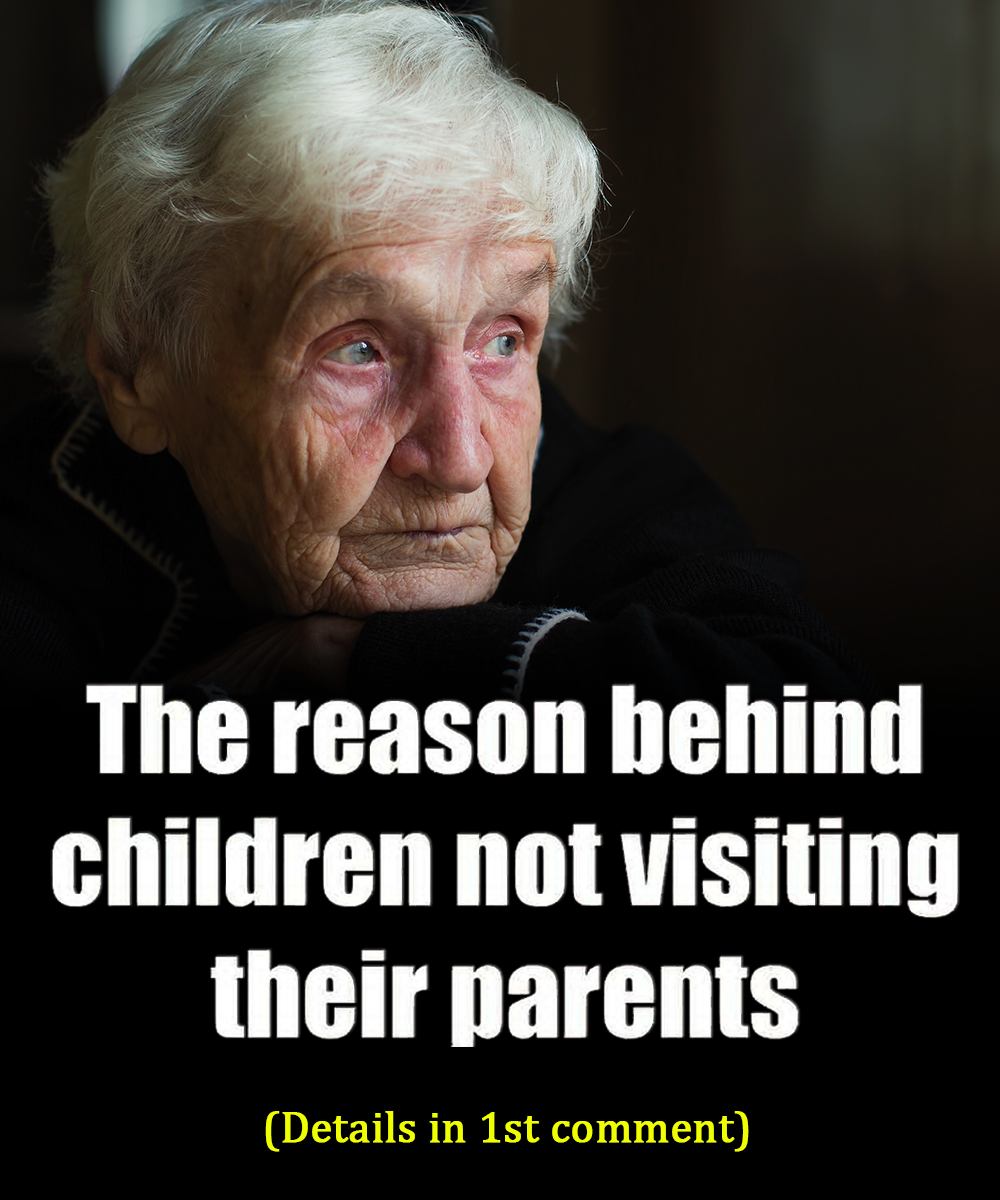Boundaries That Go Unheard
When adult children say things like, “Let’s not discuss that,” or “Please respect how we parent,” they aren’t trying to shut parents out. They’re trying to create a healthier dynamic. But when the response is, “You’re overreacting,” or “I’m your parent, I can say what I want,” the message becomes: Your comfort doesn’t matter as much as my authority.
That’s when closeness starts to feel unsafe instead of warm.
Old Wounds That Never Healed
Some families live in a cycle of replaying past hurts, old disagreements, and childhood mistakes. When gatherings feel like emotional reruns instead of fresh memories, distance becomes the only breathing room an adult child can find.
And often, the missing piece is a genuine apology. Not an explanation. Not a dismissal. Just acknowledgment. When a child opens up about their feelings and is met with, “That’s not what happened,” the door to healing closes fast.
Partners Change the Equation
Nothing widens the gap faster than treating a child’s partner with coldness, criticism, or subtle disapproval. When someone’s spouse feels unwelcome, the entire relationship becomes strained. Families that stay close make space not just for the child they raised, but for the person that child chose.
Grandparenting With Respect
Wanting to help is natural. But correcting a parent in front of their kids, ignoring household rules, or insisting “That’s not how we did it” creates tension that outlasts any visit. Invitations fade, not out of spite, but to protect consistency and calm for the children.
Generosity With Strings Attached
Gifts and financial help can be wonderful—until they come with expectations or emotional pressure. Most adult children would rather struggle than accept support that makes them feel controlled or indebted.
Being Loved for Who You Were, Not Who You Are
Parents often cling to childhood versions of their kids. But adults grow. Lives shift. Identities change. Few things hurt more than feeling unseen by the people who were supposed to know you best.
Both Sides Are Hurting
Parents feel forgotten.
Children feel misunderstood.
No one knows how to start the repair, so silence grows.
Rebuilding Starts With Curiosity
Healing doesn’t require giant gestures. It begins with a shift in tone:
- “Tell me about your life now.”
- “How can I support you better?”
- “I didn’t realize that hurt you.”
Listening rebuilds what guilt, pressure, or criticism never could. Respect creates trust. And a sincere “I’m sorry” can heal what years of tension made heavy.
Closeness Returns in Small Moments
It comes back through:
- a boundary respected
- a softer conversation
- a partner welcomed warmly
- a child’s routine honored
- a new memory replacing an old hurt
Family ties don’t vanish—they fade. And with patience, humility, and genuine care, they can grow strong again.

